60,000 homeless people in California could get coronavirus in coming weeks
Modeling has shown that more than 60,000 homeless people could become ill with the coronavirus in California over the next eight weeks, badly straining the healthcare system of America’s most populous state.
Hospitalization rates for those infected with the flu-like disease was about 20 percent, creating a requirement for additional hospital beds that could quickly overwhelm hospitals if the modeled predictions come true, California Governor Gavin Newsom said on Wednesday.
“Over the next eight-week period, we have modeled that of the 108,000 unsheltered Californians that are out on the streets, if you had an attack rate of about 56%, you’re looking at 60-plus thousand individuals that may have COVID-19,” Newsom, a Democrat, said in a Facebook address to the state.
“That creates a deep point of anxiety for the existing population but moreover for our healthcare delivery system, our capacity to move people in and out of the shelters safely without contacting other people and putting them at risk as well.”
The rapidly spreading coronavirus has infected almost 8,000 people in the United States and killed at least 146, paralyzing large sectors of the US economy and upending daily life.
Wednesday was the worst day yet for new cases, with more than 2,300 reported between 6 am and 6 pm.
California, with a population of nearly 40 million, has also been among the hardest hit by the coronavirus outbreak, with 598 confirmed cases as of Wednesday, a 21 percent increase over the day before. At least 17 fatalities have been reported in California.
The governor said he had issued an executive order authorizing the distribution of an $100 million to cities and counties across California to blunt the impact of the respiratory illness on the homeless, and had acquired 1,300 trailers to use as temporary housing.
Another executive order directed that $50 million be used to convert motels and hotels into shelters where homeless people could be isolated if they caught the virus.
Newsom said he had spoken to the Trump administration about anchoring a US Navy medical ship, the Mercy, off the Californian coast to house additional patients and to set up field hospitals in the state.
Los Angeles Mayor Eric Garcetti said the state’s largest city was making a new push to identify homeless people considered most vulnerable to the virus, including the elderly and those with pre-existing medical conditions.
Patients suspected of carrying the virus would be isolated in emergency trailers, a move paid for by tapping into state funds made available by the governor.
Nearly two months since the first US coronavirus case, the federal government is now preparing for a pandemic that could last up to 18 months or longer and "include multiple waves of illness," a report obtained by CNN shows.
As the United States scrambles to fight the outbreak, states and federal officials are ordering or suggesting new shutdowns and restrictions every day.
Meanwhile, smaller, rural hospitals across the United States -- which often have no more than 25 beds and just one ventilator -- might be forced to transfer patients to larger facilities if they see a surge in cases.
"Who's at risk? Elderly, low-income, people with high health needs. That is rural America," said Alan Morgan, chief executive officer of the National Rural Health Association.
(Source: Agencies)
Iranian Embassy condemns Israeli airstrikes in southern Lebanon
10 foreign spy agencies involved in plot to destabilize Iran: IRGC intelligence
VIDEO | Gazans pay tribute to Palestinian artists killed by Israel, honor their families
Minneapolis murders by ICE – backed by Trump – push US to the brink as protests intensify
Zelensky claims US security pact '100% ready' as war continues
Lebanese journalist targeted for exposing President Aoun’s pro-US, anti-resistance agenda
Wave of Israeli attacks target southern Lebanon in latest ceasefire violation
Iranian researchers develop indigenous software for precise satellite positioning


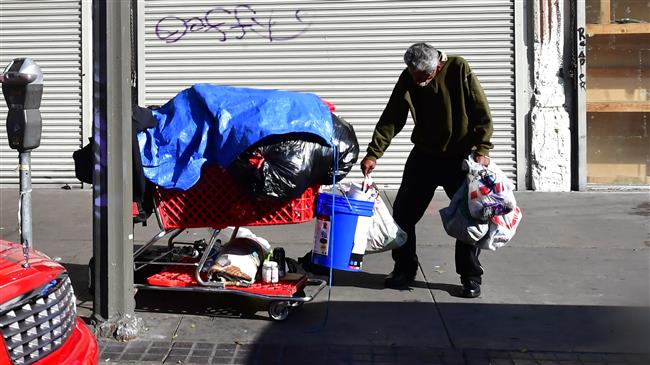
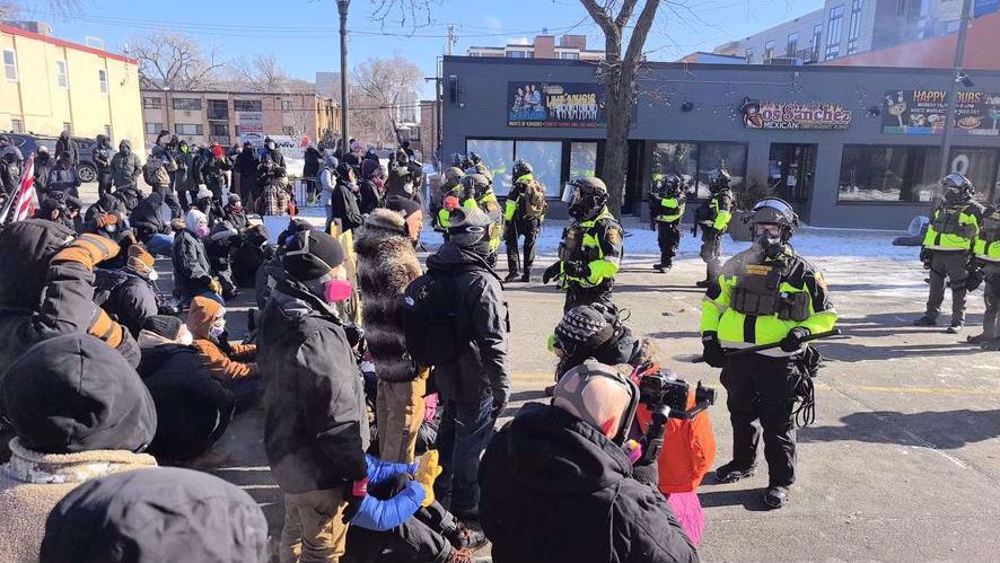
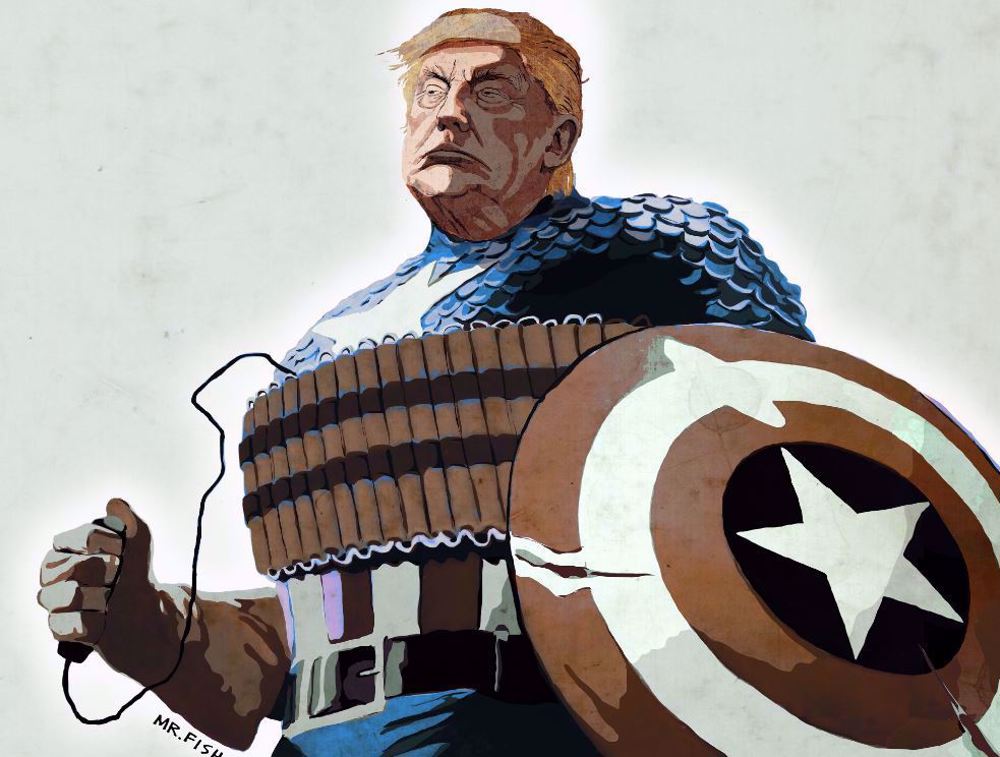
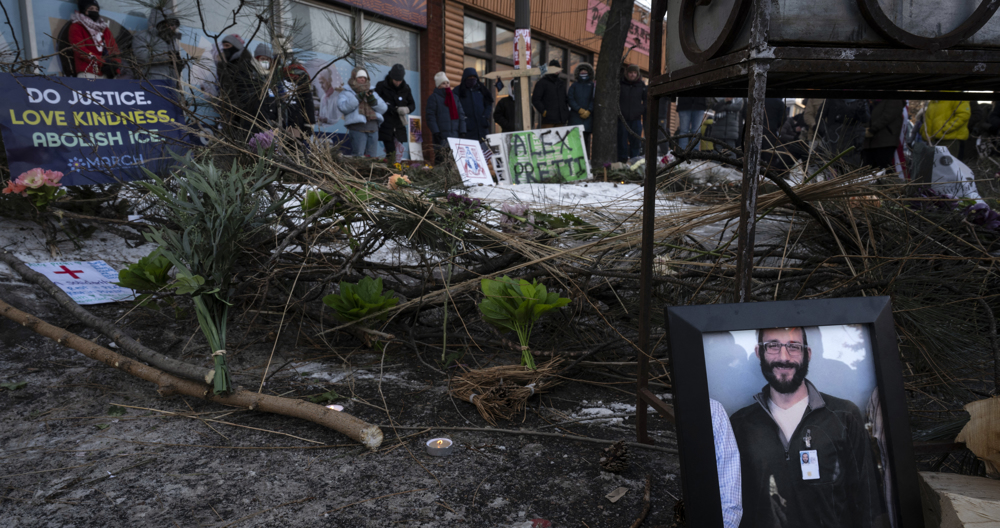



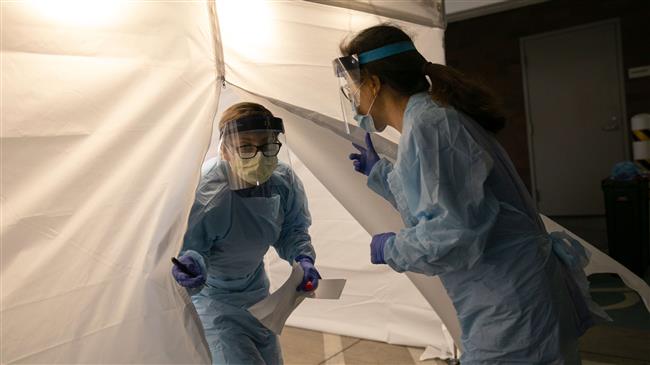
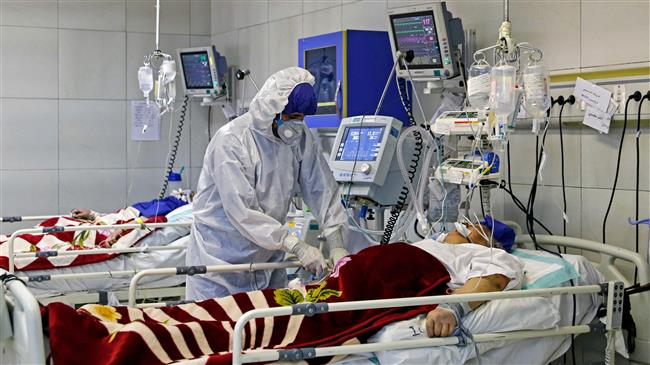
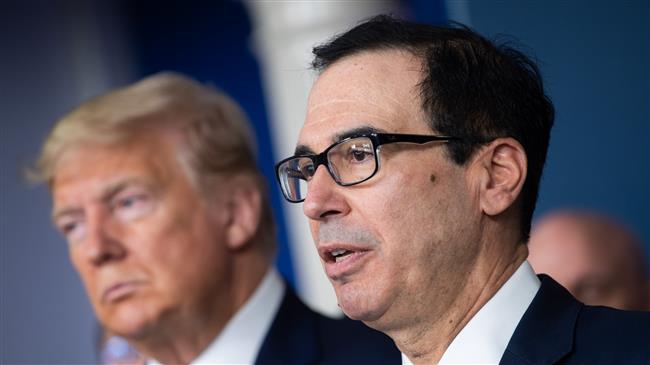
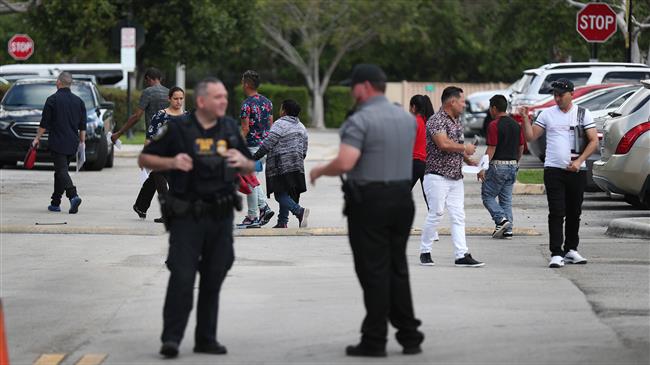
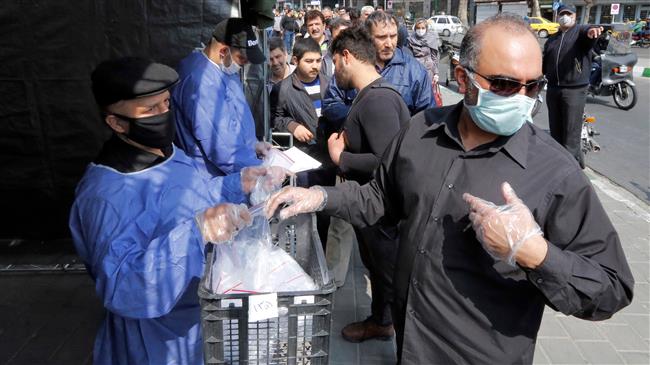

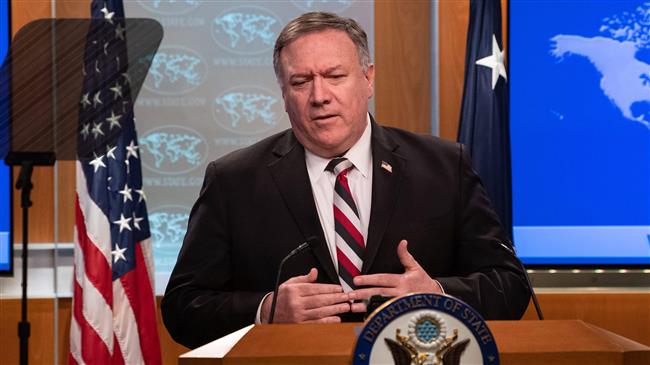

 This makes it easy to access the Press TV website
This makes it easy to access the Press TV website